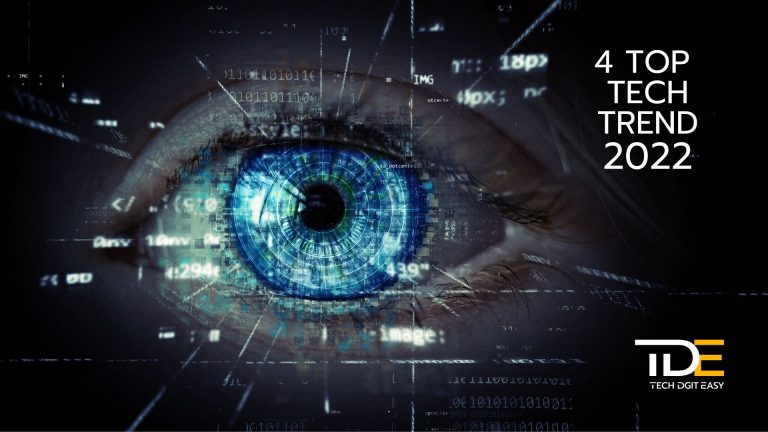We have already mentioned that in 2022, the covid-19 pandemic will continue to impact our lives in many ways. This means that we will continue to see an accelerated rate of digitization and virtualization of businesses and society. However, as we move into a new year, it seems that the need for sustainability, ever-increasing volumes of data, and increasing processing and network speeds will begin to regain their status as major drivers of digital transformation.
For many individuals and organizations, the most important lesson of the past two years has been that truly transformative change is not as difficult to implement as one might have once thought. Certainly, this new openness to flexibility, agility and innovative thinking should be harnessed, but the focus should also shift from simply trying to survive in a changing world to thriving in it.
As it turns out, we're not ready to think about quantum computing, neural interfaces, or nanotechnology – these trends are certainly on the cards, but their impact will be felt later. Instead, the most important trends in 2022 will likely focus on the convergence of technology trends, as tools emerge that allow us to combine them in new and surprising ways.
Technology experts at the Forbes Technology Council have made a prediction on the 5 biggest tech trends that they believe will be the flagship of the entire business world next year. Excluding point 5 ("Sustainable energy solutions", more marginal on this occasion) the first 4 are:
- Artificial Intelligence everywhere
- Everything as-a-service and the no-code revolution
- Digitization, Dating, and Virtualization
- Transparency, governance and accountability
Let's discuss it together.
1. Artificial Intelligence Everywhere
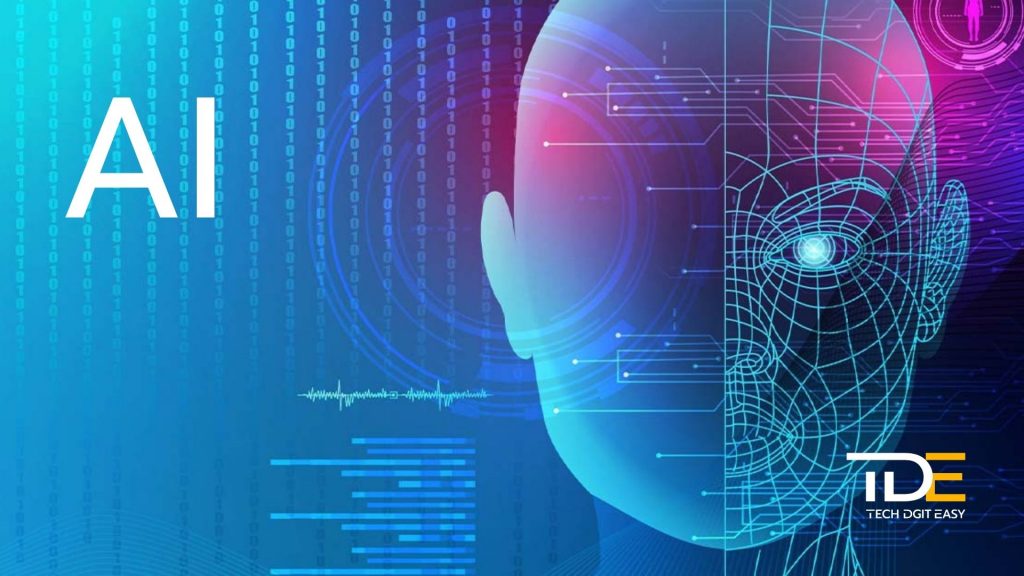
“Smart” has so far simply meant “connected” – if you think about it, smartphones, smart TVs, and all other “smart” devices are actually just the same old toys they once were, but connected to the Internet. Today, “smart” increasingly means powered by artificial intelligence (AI) – typically machine learning algorithms – and capable of helping us in increasingly innovative ways.
Smart cars, for example, use facial recognition algorithms to detect whether we pay attention to the road and warn us if we are tired; smartphones are equipped with AI to do virtually everything, from maintaining call quality, to supporting taking better photos, … Even, for those who don't know, smart toilets are on the way, capable of helping diagnose gastrointestinal problems using computer vision to analyze stool samples.
Beyond more or less well-known AI applications, artificial intelligence has permeated the tools we use to carry out everyday work – from the ubiquitous voice assistants, to structured data extraction tools from images, scribbles on whiteboards and clipboards handwritten – and allows you to lighten workloads in the administration, logistics, accounting and HR departments. Whatever your industry or job function, there is likely to be an AI-powered solution designed to make your life easier. And we at TDE, as we have already declared, espouse exactly this philosophy, that of the democratization of technology at the service of the community; it is no coincidence that we are Tech Dgit Easy: "easy" means "simple" and what is simple is smart, intelligent. We want to make the lives of people, companies and communities easier and we are convinced that digital transformation is the right tool to pursue this goal.
This is a broad trend that includes AI, the Internet of Things (Iot), and emerging super-fast networks such as 5G, which come together to improve us and equip us with capabilities that we could not even imagine just a few years ago. This highlights the fact that, the most impactful trend of all in the future will be convergence. Increasing volumes of data, faster network and processor speeds, and the “democratization” of data (read more below) are coming together and will impact society in a way that is much more than the sum of its parts, to quote Gestalt.
2. Everything as-a-service and the no-code revolution
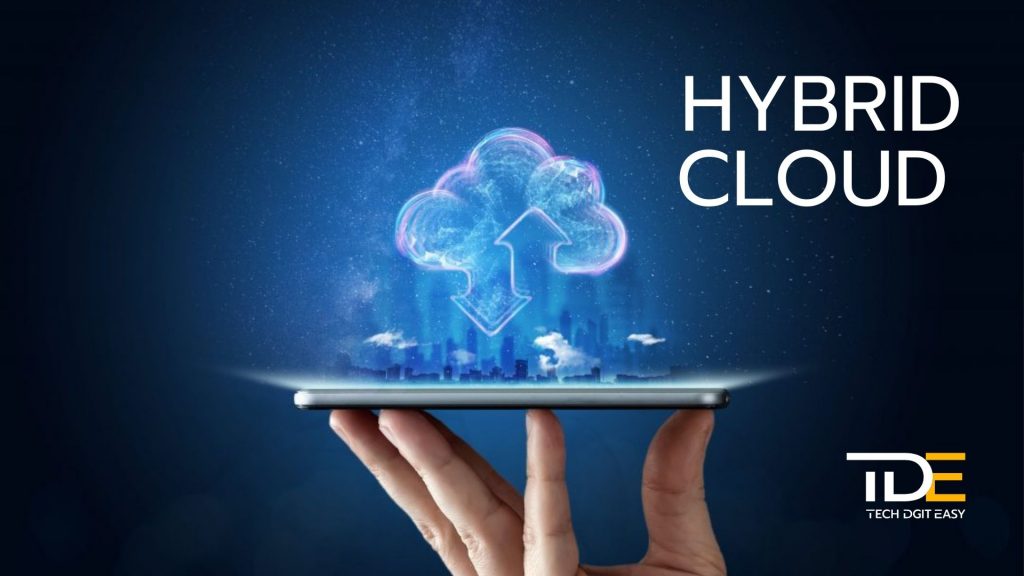
Another increasingly powerful driver, as anticipated above, will be the constant democratization of data and technology. In recent years, an entire industry has emerged that aims to put the skills and tools necessary for technological innovation into the hands of the majority of society, regardless of their experience or expertise.
In terms of the computing, storage and services environment, the trend that we will see explode in 2022 is the one that the most far-sighted companies are choosing, i.e. hybrid solutions of cloud services. Hybrid clouds, in practice, offer the advantages of public and private clouds and take advantage of the existing architecture in a data center. They refer to a mixed environment consisting of an on-premise (on-premises) infrastructure, private cloud services, and a public cloud, such as Amazon Web Services (AWS) or Microsoft Azure, which provide orchestration between the various platforms . The same level of distribution and access flexibility is also needed for data. Whether you manage workloads or data sets, in the dynamic digital world you need to plan what to move in response to evolving needs. It is not certain that the place where applications or data reside today will be the most appropriate one moving forward in time.
Another key point is that we will continue to see companies deploy AI and IoT infrastructure without owning a single server or proprietary piece of cognitive code. In fact, not all companies need to hire an army of computer geniuses to build their “digital brain” when they can simply “rent” resources for the work they need done. There are ready-made AI solutions for everything, from marketing to HR, from project management to the planning and design of production processes. Innovation has certainly highlighted in some areas the so-called "skills crisis", which sounds like a problem, but it has also been a driver behind the explosion of self-service and "do-it-yourself" solutions. -you"
Another key point for the future is that no-code interfaces will become more popular so that the lack of programming knowledge, or a detailed understanding of statistics and data structures, is no longer an obstacle to realizing a life-changing idea the world. Recently OpenAI – a research group founded by Elon Musk and financed, among others, by Microsoft, presented Codex, a programming model capable of generating code from the natural speech of human language. It will take some time for technology like this to fully mature – but when it converges with the possibilities offered by cloud infrastructure, we can stop worrying about a lack of resources or technical expertise.
3. Digitization, dating and virtualization
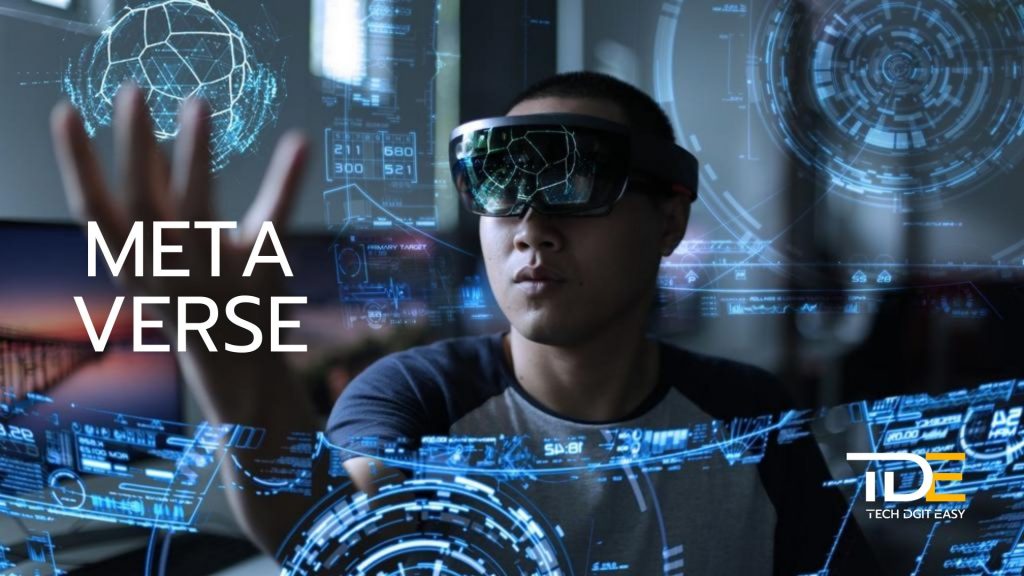
During 2020 and 2021, many of us experienced the virtualization of our offices and workplaces, as remote working arrangements were quickly put into place. In 2022, we will be increasingly familiar with the concept of "metaverse", a platform that allows you to enter a virtual reality that recreates the way we live in the physical world, combining various tools and technologies such as videoconferencing, emails, cryptocurrencies.
Even for Mark Zuckerberg, the metaverse seems to be the next evolution of the internet: «We will make a transition in vision from a company specializing in social media to being a metaverse company» he stated days ago in a recent interview with The Verge. And just yesterday, during the Connect 2021 event, Mark announced that Facebook is now Meta. The giant FB has formalized the name change of the company "Meta" (the social network, however, will maintain the historic and very current brand) and has given these previews (the VIDEO follows):
Within these metaverses – persistent digital worlds that exist in parallel with the physical world we live in – we will perform many of the functions we are used to doing in the real world, including working, playing, and socializing. As the rate of digitization increases, these metaverses will shape and simulate the real world with increasing accuracy, allowing us to have more immersive, compelling, and ultimately valuable experiences within the digital realm. While many of us have experienced pretty immersive virtual realities through earbuds, a number of new devices coming to market will soon greatly enhance the experience by offering haptic feedback and smells too.
Ericsson, which has been providing VR headsets to employees working from home during the pandemic, and is developing what is called an "internet of the senses," has predicted that by 2030, virtual experiences will be available that will be indistinguishable from reality.
4. Transparency, governance and accountability
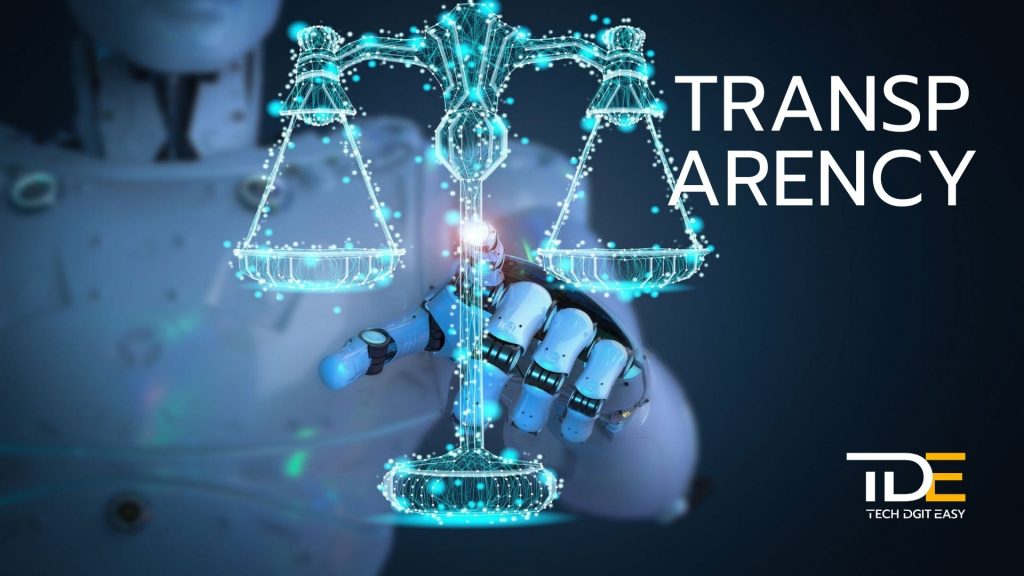
For technology to work, we humans need to be able to trust it. We already see (rightly) strong pushes against many ways in which technology is currently being used that are seen as intrusive, dangerous or irresponsible. AI, in particular, is sometimes described as a "black box" – that is, we can't see inside it to understand how it works. This is often due to its complexity, rather than any malicious scheme to limit our understanding, however, the effect is the same. This means that AI incidents are extremely alarming, and this is especially true in a society that is starting to look towards AI for decision-making that affects people's lives. A case in point is the case of a Facebook algorithm error that mistook black men for monkeys in a video and displayed the message "Keep watching videos about primates". Inevitably, a controversy erupted against this artificial intelligence that was not sufficiently trained – apparently – to distinguish a black man from a monkey and that led Facebook to launch an internal investigation, to disable the algorithm and to apologize and call the error "unacceptable".
The idea of transparent and explainable AI has rightly grown in recent years, so much so that governments have understood the need for a regulatory framework in this sense. This is demonstrated by the existence of the EU proposed law on artificial intelligence which prohibits, for example, authorities from using AI to create social scoring systems, as well as from using facial recognition tools in public places. There is also a list of potentially dangerous effects, including “exploit vulnerabilities” and “cause physical or psychological harm,” that AI solution providers will have to demonstrate before their systems can be put on the market. However, what is certain is that during 2022 we will see people more aware of the potential positive and negative effects that AI and other technological trends will have on society, so important topics of discussion will certainly be transparency, governance and accountability.
29/10/21
Oriana Torregrossa | Digital & Communication Manager TDE | Digital & Communication Manager TDE
